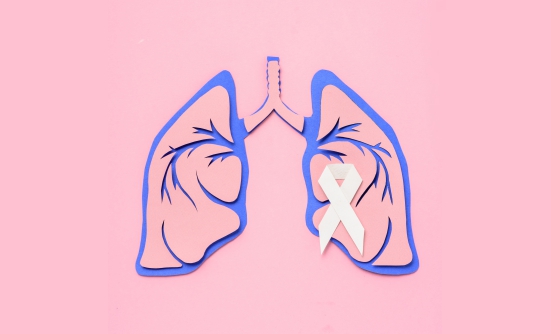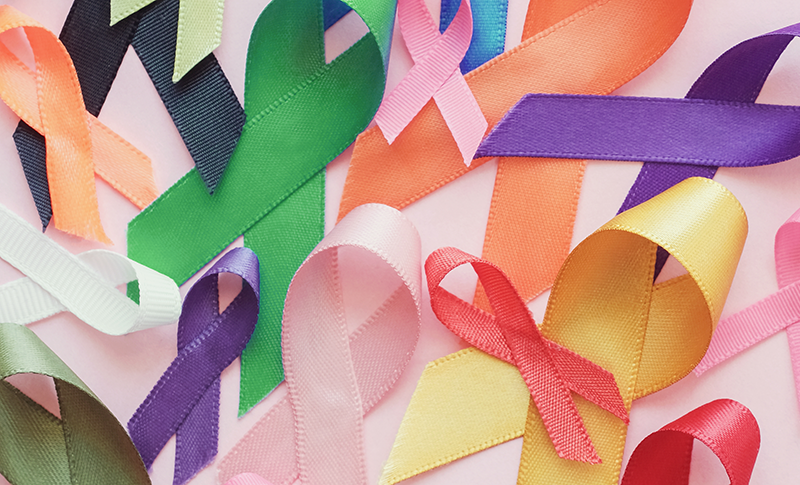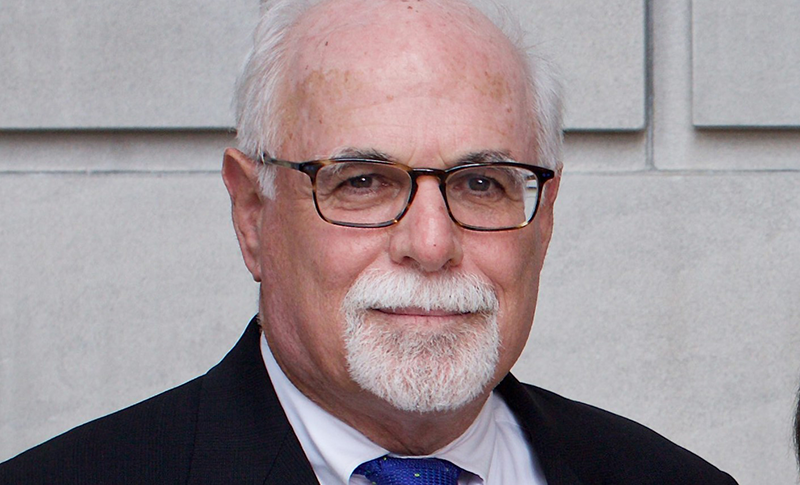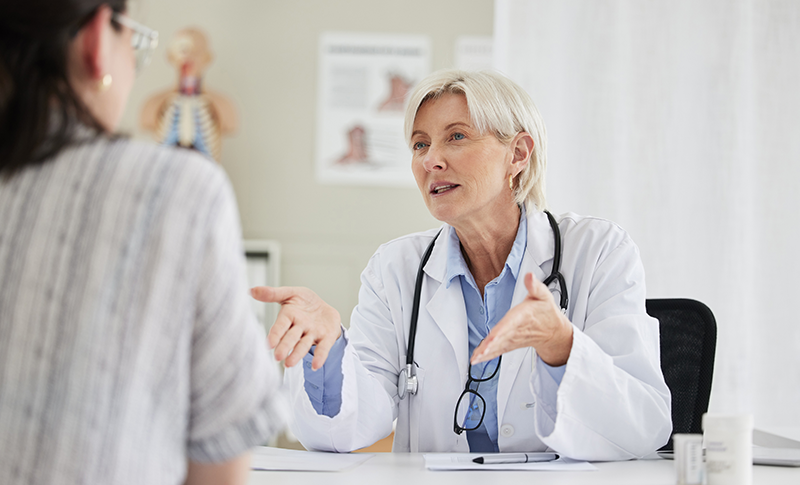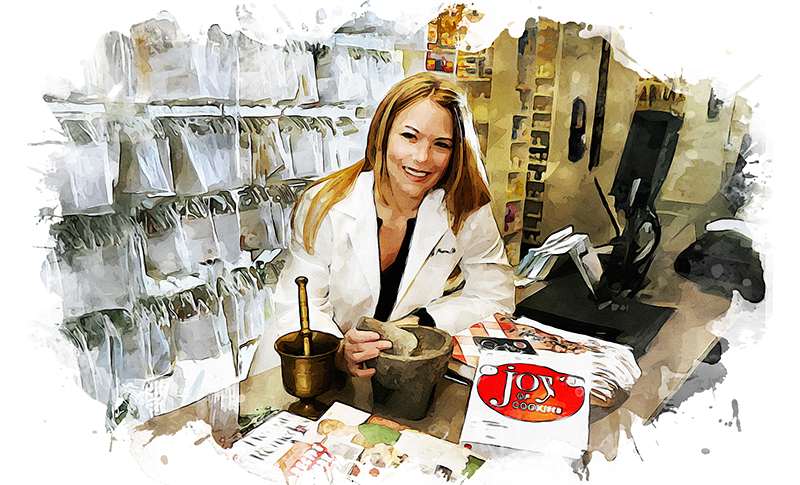We received these questions from the lung cancer community; members of our Scientific Advisory Board have answered them.
Note: The responses have been edited to make them as broadly applicable as possible and are for informational use only―they are not meant to substitute for medical advice. If you have specific questions about your own situation, please consult your treating physician.
Q: How is COVID-19 contracted?
COVID-19 is spread via wet droplets containing the virus that someone already infected with SARS-CoV-2 (coronavirus) coughs or sneezes out. The droplets can be taken in by an unaffected person through their mouth, nose, or eyes. The droplets can also be picked up by touching a surface where the droplets have landed. The virus can then enter the body through contact of the hand with the mouth, nose, or eyes.
Q: How long is it between when a person is exposed to the virus and when they start showing symptoms?
The median incubation period, or time between when someone is exposed and when they start showing symptoms, is about 5 days. The estimated range is 2 to 14 days.
Q: How can we (lung cancer patients) protect ourselves?
Lung cancer patients can protect themselves by following guidelines published by the CDC on preventing transmission of the virus. This includes washing your hands often for at least 20 seconds or using a hand sanitizer that contains at least 60% alcohol after coughing, sneezing, or blowing your nose or after touching surfaces in a public place. To the extent that it is possible, social distancing (e.g., staying at home or avoiding public transportation and events) is recommended, particularly in communities where COVID-19 is spreading.
Q: If I am in active treatment, am I more susceptible to contracting the disease?
Concerns about becoming sick from infections are higher when a patient is on chemotherapy, particularly as it relates to your body’s ability to mount an immune response to fight certain infections and the reserves that your body has to fight an infection. This is not different for COVID-19 in general terms, but it’s important to note that we do not know how treatment might interact with COVID-19 specifically. In short, if your treatment is immunosuppressive, this is likely a risk factor.
Q: I have had lung surgery for my cancer. Will the virus affect me differently now?
The patients who have gotten sickest from COVID-19 are those who have had existing chronic issues, including respiratory issues. Relatively recent surgery from which you are still recovering may mean that you are at greater risk for becoming sicker as a result of COVID-19. Similarly, chronic respiratory issues from surgery may mean that you are at greater risk for becoming sicker as a result of COVID-19. Also, a history of surgery may mean you have less pulmonary reserve (the maximum amount of air your lungs can inhale) in case of an infection.
Q: I am currently on a TKI for my lung cancer and am relatively young and healthy. I never had radiation therapy or surgery. Should I be worried?
We do not know what the interaction between TKIs and COVID-19 is specifically, but experience with other viral respiratory illnesses anecdotally suggests that you would not be at greater risk of becoming sick from COVID-19 as a result of receiving TKI therapy. Having said that, cancer patients should take extra precautions, as we aren’t sure how specific types of therapy may affect risk.
Q: If I have had immunotherapy or am currently undergoing chemotherapy for lung cancer, should I be worried?
We don’t know for sure. Everyone needs to be cautious at this time, regardless of medical history. Cancer patients should take extra precautions, as we aren’t sure how specific types of therapy may affect risk.
Q: I had radiation therapy last year. Now I am not undergoing any treatment. Should I be worried?
Though we don’t know for sure the impact of radiation therapy on COVID-19 infections, radiation may cause scarring in the lungs and decrease lung function. Everyone needs to be cautious at this time, regardless of medical history. Cancer patients should take extra precautions, as we aren’t sure how specific types of therapy may modulate risk.
Q: Should I still get a flu shot, or is it too late?
You should get a flu shot. People who have had COVID-19 can become sick from other infections, so receiving a flu shot would increase your protection against becoming sick from the flu. If you didn’t have one in fall 2019, you should get one now.
Q: Should we try to get what meds we can and have some extra on hand?
You should, as recommended by the CDC, try to obtain a supply of important medications in case there are issues that prevent your from refilling prescriptions later on. You should talk to your doctor about what might be possible, as the amount of medication that can be dispensed within a specific time period varies, depending on both the type of medication and the insurance plan you have.
Q: What are your thoughts on wearing disposable gloves while traveling?
This may provide false security to the person wearing the gloves. Wearing gloves is not generally recommended, and, absent the rigorous contact precaution measures exercised in a hospital setting, would be substantially less protective than one would think. It is much more important to stay vigilant about cleaning your hands often with either soap or hand sanitizer, avoiding contact with your face, and avoiding places where COVID-19 is known to be spreading.
Q: Should we be concerned about drug shortages?
As of now, we have not heard about any manufacturing concerns regarding cancer drugs. Your doctor will be the first to share this information with you should shortages arise.
Q: I am on a clinical trial and need to travel to another city. Will this be allowed?
It’s best to speak with your doctor and study team about your particular travel plans and what risks there might be, relating to both your health and the logistics.
Our experts recommend using the following websites for updates and information:
- https://www.who.int/emergencies/diseases/novel-coronavirus-2019/events-as-they-happen
- https://www.cdc.gov/coronavirus/2019-ncov/index.html
- A list of state department of health websites can be found here: https://www.cdc.gov/publichealthgateway/healthdirectories/healthdepartments.html
- A list of local health department websites can be found here: https://www.naccho.org/membership/lhd-directory
- The American Medical Association is also maintaining a resource website for healthcare providers: https://www.ama-assn.org/delivering-care/public-health/covid-19-2019-novel-coronavirus-resource-center-physicians
This article was previously published on Lungevity.org.




